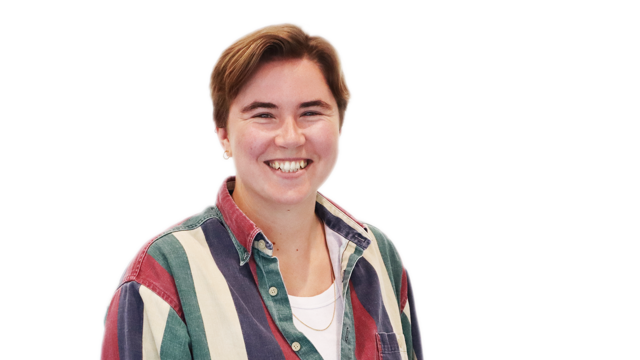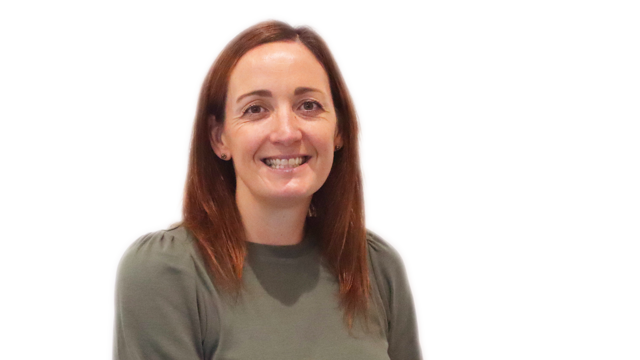New report reveals decline in maternal physical activity
Around 40% of pregnant women and only 27% of postnatal women felt they had the opportunity to be active
Share
The Active Pregnancy Foundation proudly announces the release of the pivotal report, MOMentum Lost: Unpicking Maternal Physical Activity Patterns in 2022, authored by Dr Marlize De Vivo, Dr Hayley Mills, and Dr Kathryn Hesketh.
This report shows that pregnancy in itself is a barrier to women’s engagement in physical activities during the childbearing years and highlight barriers and critical insights into the challenges faced by women in maintaining an active lifestyle during this period.
Key Findings
- Around 40% of pregnant women and only 27% of postnatal women felt they had the opportunity to be active, and fewer than 50% of women felt they were able to be physically active.
- Only 35% had the confidence to be active and many also felt guilty when they were not physically active.
- Nearly two thirds of women (59%) stated that they had experienced some form of pelvic floor and/or abdominal wall issue during or after pregnancy. The majority of these women (58%) did not consult with a specialist pelvic health physiotherapist about their concerns. Of those women who sought further advice, most (63%) paid privately to obtain professional help.
- Half of the respondents wanted to be more active, but only 8% of pregnant and 10% of postnatal women felt supported to be active.
- Less than half of the participants received advice about physical activity during pregnancy, with midwives and fitness professionals most commonly providing this advice.
- Postnatally, of the 76% of women who had had their 6-8 week check; physical activity was discussed with only 13% of women during that appointment, and 63% of women had not been given any advice about returning to physical activity.
The report highlights that physical activity levels in pregnant and postnatal women remains staggeringly low, despite evidence showing us that there are substantial physical and mental health benefits for both women and their babies including a 40-67% reduction in depression, gestational diabetes and pre-eclampsia without increasing the risk of adverse maternal and/or infant outcomes.
It emphasises the need for tailored support to help women integrate physical activity at their own pace, addressing barriers such as time constraints and childcare responsibilities.
The report also recommends creating supportive environments with necessary resources, particularly for those with childcare duties, and underscores the need for accessible information on safe physical activity practices.
There is still a significant gap in the provision of support and advice on physical activity during and after pregnancy, which can be bridged by knowledgeable healthcare and fitness professionals. Additionally, the report calls for reliable, evidence-based online resources to boost women's confidence in engaging in physical activities throughout motherhood.
With the World Health Organisation releasing their report on inactivity trends, and their call for an increased focus on women, our report highlights specific insights into pregnant and postnatal women’s physical activity behaviours.
Quotes from the Authors:
Dr. Marlize De Vivo said:
"Despite a strong desire to be more active, women face several barriers that make it difficult for them to enjoy and benefit from an active lifestyle during their childbearing years.
"Our findings emphasise the need to create conditions where women feel supported and able to engage in activities they love, whether that is walking in a well-lit, buggy-friendly park with breastfeeding and changing facilities; attending an exercise class at a local leisure centre led by a qualified pre- and postnatal instructor; or even performing on the world stage as a mother athlete. We must do better."
Dr. Hayley Mills added:
"The mental and physical health benefits of staying active during pregnancy and postpartum are well-documented.
"It is essential that we address the barriers highlighted in this report, to help mothers maintain a healthy lifestyle and feel those benefits."
Dr. Kathryn Hesketh concluded:
"This report should serve as a call to arms for all those who support women during the transition to motherhood.
"We know that being physically active during pregnancy and in the postnatal period (when women feel ready) is beneficial for the vast majority of women, positively impacting their own and their children’s health and wellbeing.
"We now need to make the necessary changes to allow all women to feel confident to be physical activity, in a safe and supported way, at a key transition point in their lives."
About The Active Pregnancy Foundation (The APF)
The APF became a registered charity in August 2020, mid pandemic. It was founded by a group of women with a passion to change the health of the nation one pregnant woman at a time.
The charity’s overarching aim is to support women to stay active throughout motherhood; empowering them to make informed decisions around their engagement with physical activities (including exercise and sport); and ensuring that women have access to opportunities and professionals to guide them through this journey with the necessary skills, knowledge, and confidence.
The full report, "MOMentum Lost: Unpicking Maternal Physical Activity Patterns in 2022," is here.
Latest News

How leadership, workforce, and volunteering can help active lives for all
After our event in March, Emily reflects on the power of shifting conversations around leadership, volunteering, and the shared drive to make movement part of everyday life for all.

Strength Training Awareness Day returns to raise awareness of benefits of strength
Strength Training Awareness Day returns for 2025 to celebrate the power of strength training for health and well-being.

Harnessing the benefits of physical activity across the NHS in England
Following the NHS England statement on physical activity, Manchester GP Dr Naddia Atif looks at how healthcare professionals can keep moving and the support they can offer their patients.
